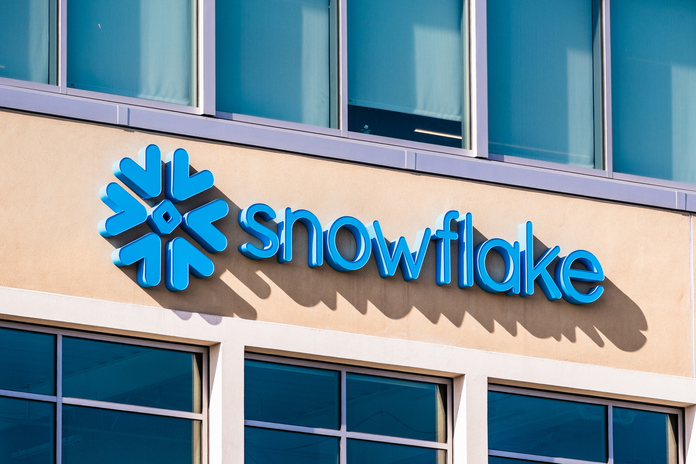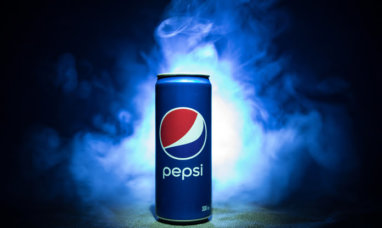Shares of data warehousing startup Snowflake (NYSE:SNOW) dropped on Tuesday after research firm BTIG downgraded it, citing a decline in recent field checks and the fact that cloud hyperscalers’ growth slowed down in the second quarter.
While noting that customer spending intentions are still “solid,” they are not as strong as they were six to twelve months ago. Some customers may be looking to shift spending to competitors, like Databricks, to save money. Analyst Gray Powell lowered his rating on Snowflake (SNOW) shares from buy to neutral.
Powell stated in a note to investors that “this is likely an early-stage trend” and that “the difference relative to 6 –12 months ago was notable and made use more cautious on the name.”
Shares of Snowflake (SNOW) fell nearly 5% in premarket trade to $143.50.
In addition, he reduced his projections for product revenue in the fiscal years 2023 and 2024 from $1.9 billion to $1.88 billion and $2.84 billion, respectively.
Powell noted that the cloud infrastructure divisions of Amazon (NASDAQ:AMZN), Microsoft (NASDAQ:MSFT), and Alphabet (NASDAQ:GOOG) (GOOGL) all experienced a downturn in growth in the second quarter for various reasons. This is relevant to hyperscalers. The analyst stated that it is “likely” that these findings will have “negative ramifications” for Snowflake (SNOW).
On August 24, Snowflake (SNOW) is due to release results for the second quarter. According to experts’ predictions, the business lost 2 cents per share on $467.54M in revenue.
Investment firm Baird began covering Snowflake (SNOW) last month, referring to it as a pioneer in “next-generation data.”
On Snowflake, analysts are mainly skeptical (SNOW). While Wall Street analysts give it a BUY rating, Seeking Alpha authors gave it an average HOLD rating. SNOW is rated a HOLD by Seeking Alpha’s quant algorithm, which routinely outperforms the market.
Featured Image: Megapixl ©Andreistanescu















